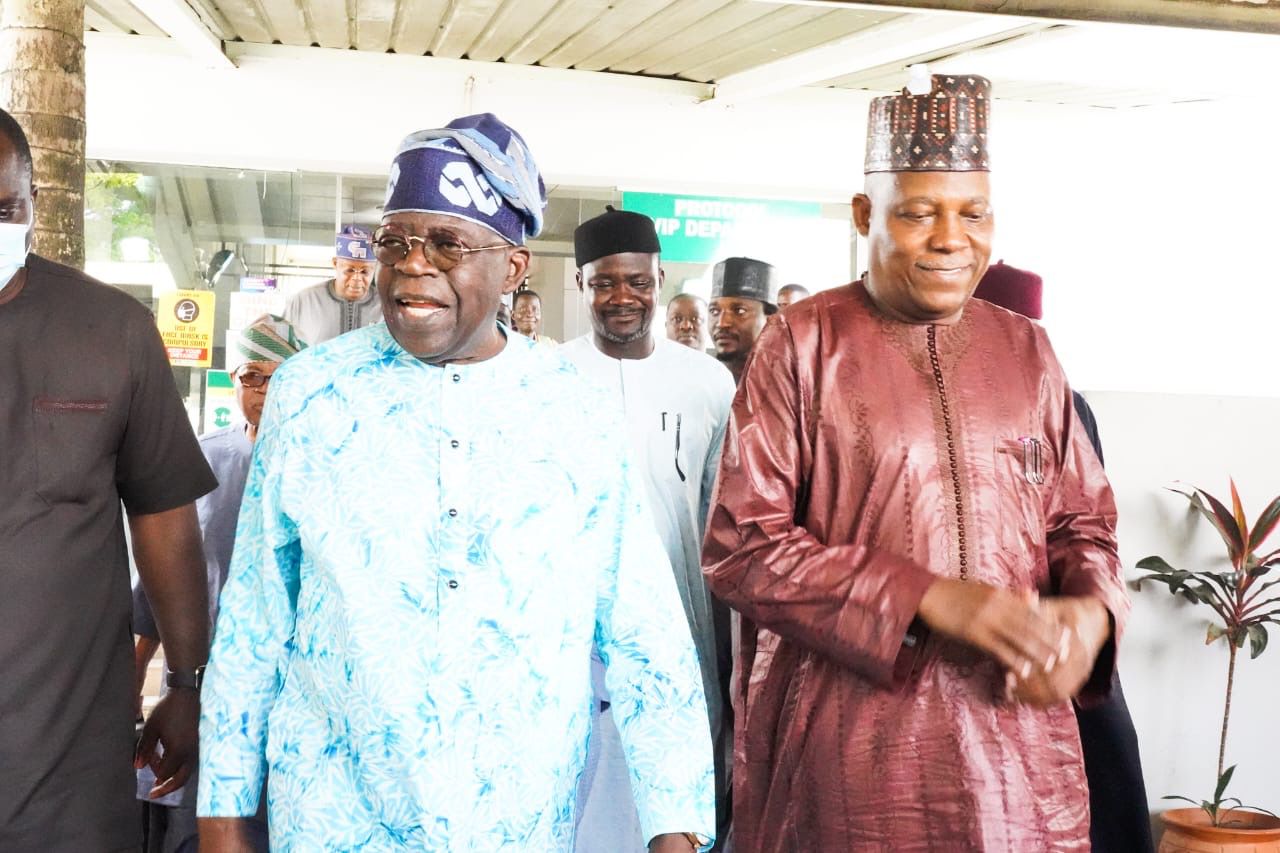ABUJA, Nigeria – Amid intense political tensions, the Nigerian Supreme Court has put to rest the uncertainty surrounding President Bola Tinubu’s electoral victory during the February 25th presidential elections.
This pivotal decision, announced on Thursday, October 26, 2023, was reached after thorough deliberations on challenges lodged by key contenders — the People’s Democratic Party (PDP) candidate, Atiku Abubakar, and the Labour Party’s torchbearer, Peter Obi.
In a comprehensive judgment, the seven-man panel of esteemed justices, presided over by the highly regarded Justice Inyang Okoro, underscored the principle that the procedural hiccup on the part of the Independent National Electoral Commission (INEC) — specifically its failure to transmit election results electronically — did not inherently compromise the integrity or authenticity of the electoral process.
The court’s deliberations also delved deep into the specifics of the evidence presented. They firmly established that Atiku could not convincingly produce an alternative set of election outcomes to counter the official results declared by INEC. This aspect of the ruling was critical in maintaining the credibility of the electoral process.
A significant constitutional issue was also tackled, with Justice Okoro dismissing the contentious debate surrounding the 25% voting prerequisite in Abuja’s Federal Capital Territory (FCT). He emphasized that this particular mandate appeared inconsistent with the constitution’s foundational principles.
Peter Obi’s petition, although a separate issue, was not left unaddressed. His grievance revolved around the purported dual nomination of Vice-President Kashim Shettima.
The apex court, demonstrating its commitment to justice and consistency, pointed out that it had conclusively addressed this very contention in a precedent ruling dated May 26.
In a twist that heightened the courtroom drama, Atiku presented a last-minute plea to the Supreme Court, seeking the introduction of new, potentially game-changing evidence against President Tinubu’s victory. This material — a series of depositions from Chicago State University — aimed to cast doubt upon the legitimacy of the academic certificate President Bola Tinubu submitted to INEC.
However, the court, upholding its commitment to due process, ruled against this plea. They argued that the introduction of new evidence at this advanced stage, which the Presidential Election Petitions Court had not previously vetted, would be procedurally inappropriate.
The atmosphere outside the courtroom mirrored the gravity of the proceedings within. A formidable security presence, comprising units from the police force and the elite Department of State Security (DSS), was palpable.
This was a clear indication of the ruling’s anticipated significance in Nigeria’s political landscape. The courtroom’s audience was a who’s who of Nigerian politics, including figures like Chief of Staff to the President, Femi Gbajabiamila, and the National Security Adviser, Nuhu Ribadu.
In conclusion, the judicial panel, which included Justice Inyang Okoro, Uwani Abaji, Lawal Garba, Ibrahim Saulawa, Adamu Jauro, Tijani Abubakar, and Emma Agim, rendered a judgment that is bound to be referenced for years to come.







